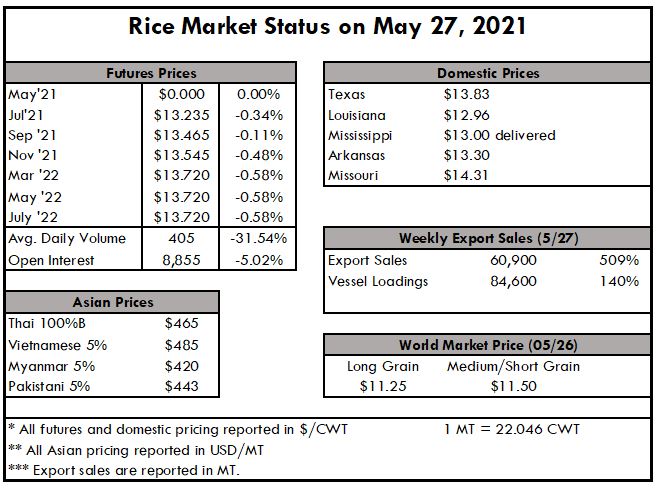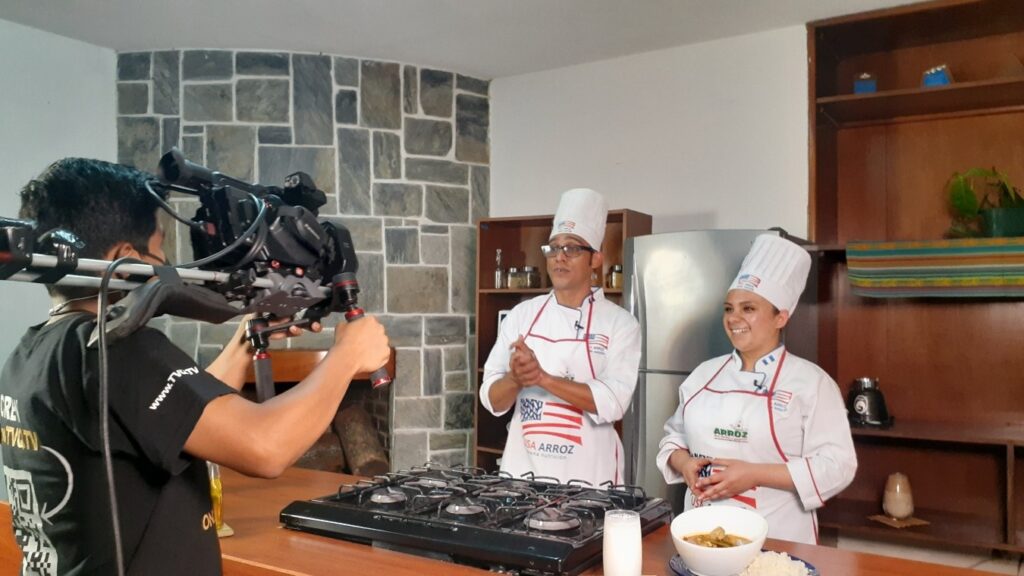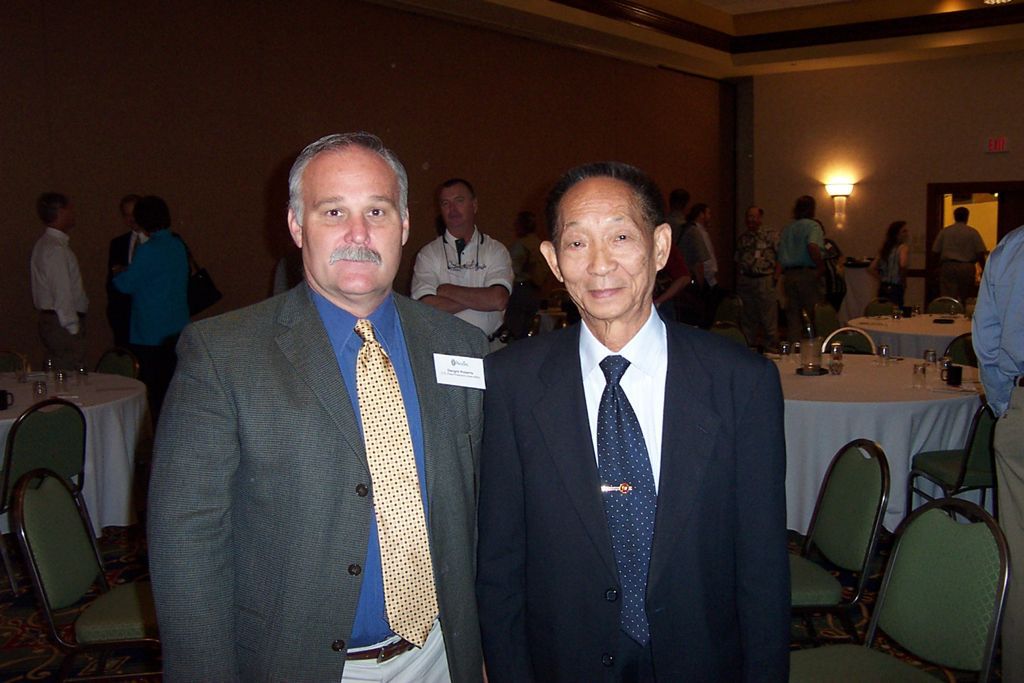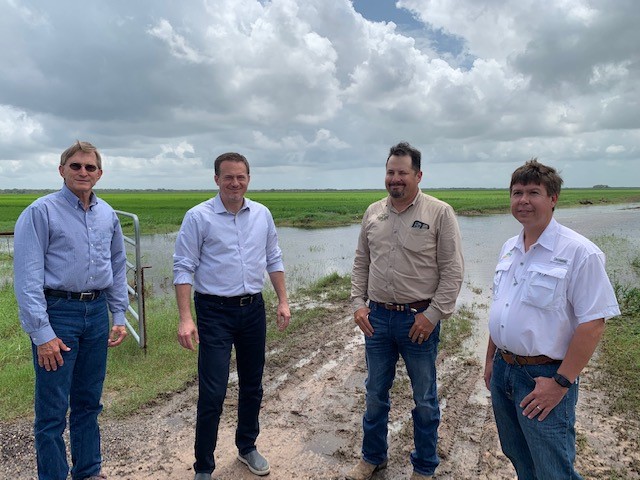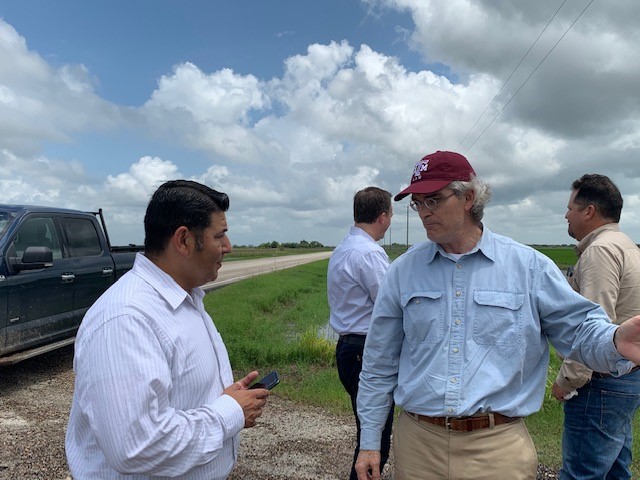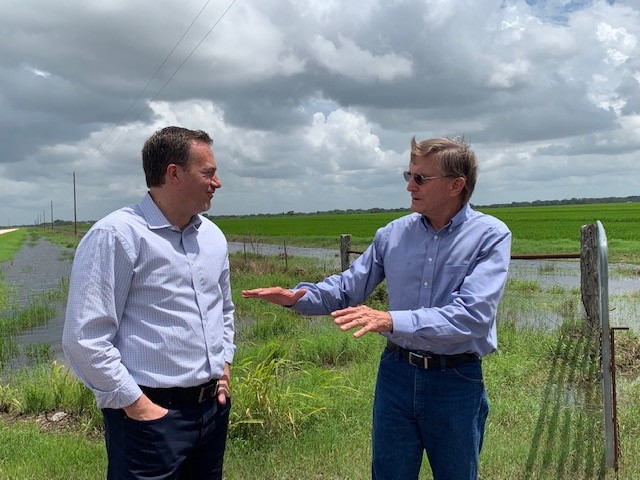On Monday, May 13th, U.S. Senators Debbie Stabenow (D-Mich.), Chairwoman of the U.S. Senate Committee on Agriculture, Nutrition, and Forestry, and John Boozman (R-Ark.), Ranking Member, announced that the Committee had voted by voice vote to advance the nomination of Dr. Jewel H. Bronaugh to serve as Deputy Secretary of Agriculture. Dr. Bronaugh may now be considered by the full U.S. Senate for confirmation. Bronaugh is currently serving as the Commissioner of the Virginia Department of Agriculture and Consumer Services. Previously, the Senate Agriculture Committee held a hearing on Bronaugh’s nomination on April 22, 2021.
Currently, there are several other nominees awaiting committee consideration:
Robert Bonnie has been nominated for Undersecretary for farm production and Conservation Programs. Bonnie served as the co-chair of the Biden Administration’s USDA transition team. Bonnie has also been the vice president for land conservation at the Environmental Defense Fund.
Janie Hipp has been nominated for USDA General Counsel. Hipp is currently the CEO of the Native American Agriculture Fund and was founding director of the Indigenous Food and Agriculture Initiative at the University of Arkansas. Hipp served in the Obama administration and served on Biden’s transition team.
Jenny Lester Moffitt has been nominated for Undersecretary for Marketing and Regulatory Programs. Moffitt currently serves as undersecretary at the California Department of Food and Agriculture. Prior to her tenure at the CDFA, Moffit was involved with a family organic walnut farm and processing operation.
Currently, Secretary Vilsack is the only Senate-confirmed Biden administration official at USDA.
Tax Reform
The House of Representatives Committee on Ways and Means held a hearing this week which included a variety of tax proposals. The House Ways and Means hearing focused on Biden’s tax proposals. According to an analysis of Biden’s tax proposals by the Tax Foundation the Biden proposal to tax capital gains at death accounts for about one-third of the revenue to pay for the Administration’s American Families Plan, a sweeping package of education, health and child care benefits. The tax on inherited assets would raise $213 billion over 10 years. The revenue impact increases by year, reaching nearly $40 billion in 2031. Three issues receiving much focus by agriculture groups are--
Stepped-Up Basis: Assets in agriculture are typically held by one owner for several decades, so resetting the basis on the value of the land, buildings, and livestock on the date of the owner’s death under a step-up in basis is important for surviving family members and business partners to ensure the future financial stability of the operation.
Like-Kind Exchanges: Allows businesses to buy and sell like assets without tax consequences, thus helping farmers and ranchers, who are typically “land rich and cash poor,” maintain cash flow and reinvest in their businesses.
Sec. 199A Business Income Deduction: Preserving Sec. 199A business income deduction in order to maintain a reasonable level of taxation for pass-through businesses.
